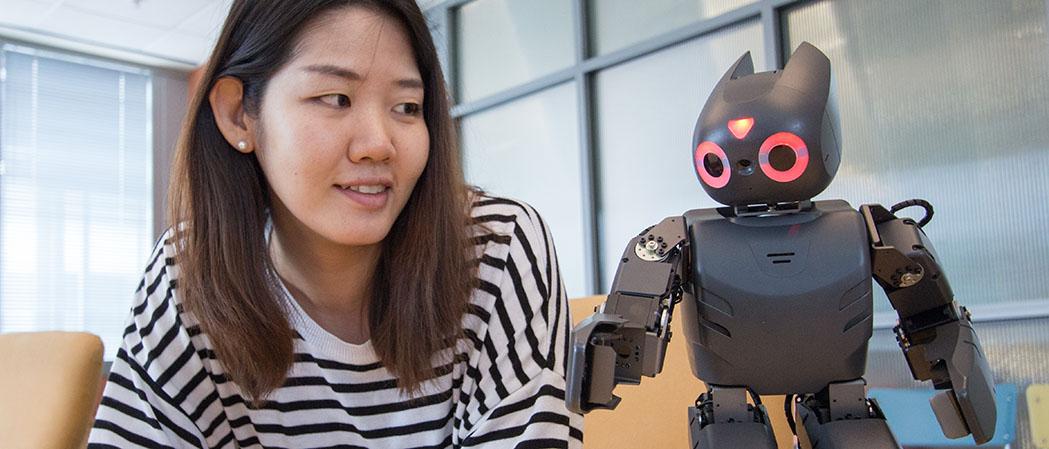
Both M.S. and Ph.D. students need to meet certain coursework requirements. This page contains information and resources for courses offered by the School of Electrical and Computer Engineering, coursework planning tools, minor information, forms, and permit requests.
Please note that if you are not on a Georgia Tech network, you will need to connect to the Georgia Tech VPN service in order to login to this site.
Special Problems
Special Problems hours (ECE 8901, ECE 8902, ECE 8903, and CS 8903) are independent study courses under the direction of a faculty supervisor. Special Problems courses are an excellent way to get to know faculty members and to become involved in research that is going on at Georgia Tech. To learn more about Special Problems, refer to the Graduate Student Handbook.
Special Problems Course Approval (requires original signature from faculty member)
Certify Special Problems Hours (only use for hours to count toward Ph.D. degree)
M.S. COURSEWORK PLANNING
Use the coursework planning forms to plan courses.
PH.D. COURSEWORK PLANNING
Responsible Conduct of Research
The Coursework Completion Form must be completed on the ECE secure website, prior to the submission of the Ph.D. Proposal.
Students who wish to count course credit earned at other universities toward their Ph.D. degree requirements should request the class evaluation during their second term or later. The classes have to be graduate or senior undergraduate level. No classes that were used to satisfy an undergraduate degree can be used toward the Ph.D. degree. Up to 30 hours of credits earned toward a graduate degree with a grade of C and above at a different institution can be used towards the Ph.D. degree. M.S. Thesis can be used in Group IV (electives) for a maximum of 12 credit hours. The approved classes will only count toward the Ph.D. degree course requirements and will not be transferred on the Georgia Tech transcript.
The following package needs to be submitted to the Academic Office for evaluation and approval:
Copy of the Coursework Completion form, filled out entirely. The classes have to show the institution name, number, and title. If the coursework is not completed at the time of the submission, future classes need to be included for a total of 43 hours. The future classes can be later changed to other eligible classes. Please use the classes taken at Georgia Tech in Groups I, II, and III as much as you can.
Non-official transcript from the institution where the classes have been taken. The transcript needs to show that the classes have been used toward a graduate degree and whether the institution is on the semester or quarter system.
Syllabi/course descriptions for all the classes to be used in Groups I, II, and III.
A soft copy of the M.S. thesis (if used in the coursework plan).